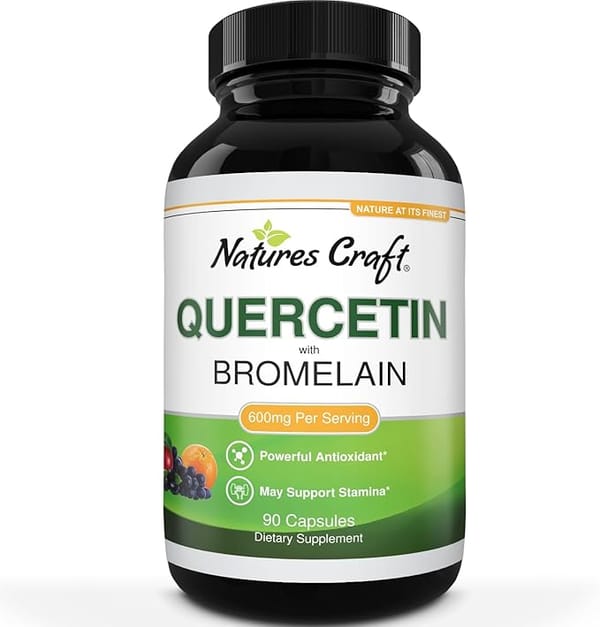Nicotinamide mononucleotide (NMN) has been making waves in the longevity research community for its potential to support healthy aging. As a precursor to NAD+, a crucial molecule for cellular energy production and DNA repair, NMN has shown promising results in animal studies. But what about humans? Recent clinical trials have begun to shed light on the effects of NMN supplementation in people, offering exciting insights into its potential benefits for health and longevity.
Key takeaways:
• NMN supplementation appears safe and well-tolerated in humans
• Studies show increased blood NAD+ levels after NMN intake
• Potential benefits observed for muscle function, aerobic capacity, and metabolism
• More research needed to confirm long-term effects and optimal dosing
Safety and tolerability of NMN
One of the primary concerns with any new supplement is safety. Fortunately, multiple human trials have demonstrated that NMN supplementation appears to be safe and well-tolerated, even at relatively high doses. A study published in Science Reports found that oral administration of NMN up to 500 mg per day was safe in healthy men, with no significant adverse effects reported.
Another trial, published in Endocrine Journal, evaluated the safety of NMN supplementation in doses up to 1250 mg per day for 4 weeks. The researchers concluded that NMN was safe and did not cause any clinically significant changes in vital signs, blood tests, or urine analysis[1].
Effects on NAD+ levels
A key question in NMN research is whether oral supplementation can effectively increase NAD+ levels in humans. Several studies have provided evidence that it can. A trial published in Nature Metabolism found that NMN supplementation significantly increased blood NAD+ levels in healthy adults[2].
Another study, published in NPJ Aging and Mechanisms of Disease, showed that NMN supplementation increased NAD+ metabolites in blood cells, suggesting improved NAD+ metabolism[3].
Potential benefits for muscle function and aerobic capacity
Some of the most intriguing results from NMN human trials relate to its effects on physical performance. A study published in Science Advances found that NMN supplementation improved muscle insulin sensitivity in prediabetic women, suggesting potential benefits for metabolic health[4].
Another trial, published in the Journal of the International Society of Sports Nutrition, showed that NMN supplementation enhanced aerobic capacity in amateur runners. The participants who took NMN showed significant improvements in their ventilatory threshold and oxygen uptake efficiency[5].
Effects on metabolism and cardiovascular health
NMN's potential impact on metabolism and cardiovascular health has also been a focus of human trials. A study published in Molecular Systems Biology found that NMN supplementation reduced blood triglyceride levels in healthy individuals, suggesting potential cardiovascular benefits[6].
Another trial, published in the Journal of Clinical Endocrinology & Metabolism, showed that long-term NMN supplementation improved measures of arterial stiffness in healthy adults, indicating potential benefits for cardiovascular health[7].
Sleep quality and cognitive function
While more research is needed in this area, some studies have hinted at potential benefits of NMN for sleep quality and cognitive function. A trial published in Nutrients found that NMN supplementation improved sleep quality and reduced fatigue in older adults.
Another study, published in NPJ Aging and Mechanisms of Disease, suggested that NMN supplementation might have positive effects on cognitive function, though more research is needed to confirm these findings.
Conclusion and future directions
The results from human trials of NMN supplementation are promising, suggesting potential benefits for various aspects of health and aging. However, it's important to note that much of this research is still in its early stages. Larger, longer-term studies are needed to confirm these initial findings and to determine optimal dosing strategies.
As research continues, we may gain a clearer understanding of how NMN supplementation can be best utilized to support healthy aging. For now, the evidence suggests that NMN is safe and may offer benefits for metabolic health, physical performance, and potentially other aspects of aging.
While these results are exciting, it's crucial to remember that NMN supplementation is not a magic bullet for aging. A healthy lifestyle, including a balanced diet, regular exercise, and adequate sleep, remains the foundation of healthy aging.
For those interested in the potential of NMN, staying informed about the latest research is key. As more human trials are conducted, we'll continue to gain valuable insights into how this molecule might contribute to our understanding of aging and health.
References:
- https://www.ncbi.nlm.nih.gov/pmc/articles/PMC7238909/
- https://pubmed.ncbi.nlm.nih.gov/35788409/
- https://www.nature.com/articles/s42255-019-0073-4
- https://www.ncbi.nlm.nih.gov/pmc/articles/PMC7415139/
- https://pubmed.ncbi.nlm.nih.gov/34659401/
- https://pubmed.ncbi.nlm.nih.gov/35333115/
- https://www.ncbi.nlm.nih.gov/pmc/articles/PMC7649530/
- https://pubmed.ncbi.nlm.nih.gov/34894672/
- https://pubmed.ncbi.nlm.nih.gov/36055272/
- https://www.ncbi.nlm.nih.gov/pmc/articles/PMC7415139/













Member discussion